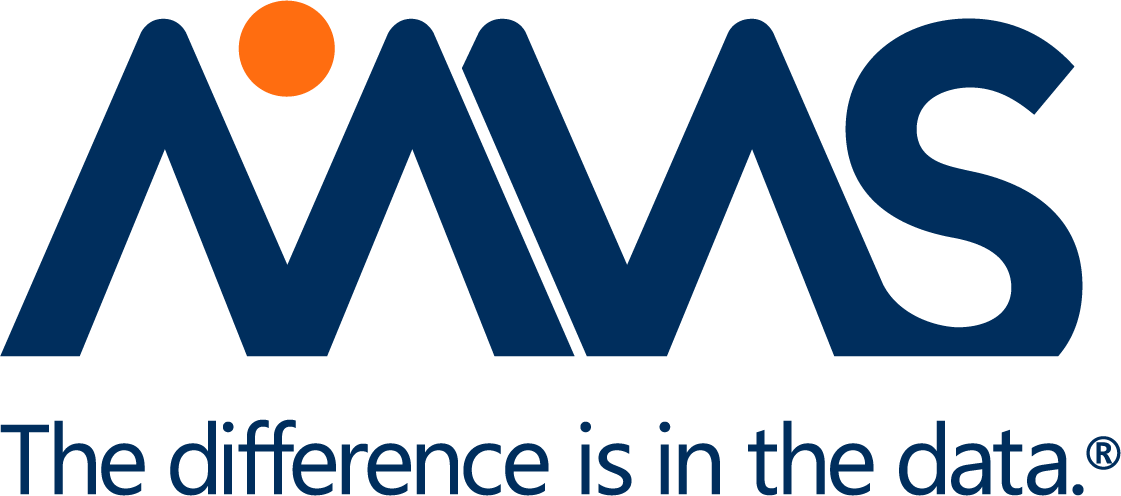Recently, there’s been notable attention within the pharmaceutical industry regarding the European Medicines Agency (EMA) and its decision to restart the clinical data publication process, termed “EMA Policy 0070”. Slated to commence in an EMA Board meeting in December 2022, this decision follows a halt on Policy 0070 requests that began in 2018. Interestingly, even during this hiatus, the EMA continued to publish data related to COVID-19 treatments, showcasing clinical trial transparency through special measures on their public portal. As we approach September 2023, the industry keenly anticipates further developments in clinical trial transparency guided by EMA Policy 0070.
In a webinar held in May 2023, the EMA presented a detailed strategy to revamp the Policy 0070 publication process. As per their latest guidance, all initial MAAs for upcoming drugs, which are in line to receive a CHMP opinion from September 2023, will be made available for publication. This applies irrespective of whether the opinion is positive, negative, or pertains to a withdrawn application. For more insights on this topic, we invite you to peruse our earlier blog post.
In preparation for this significant initiative, the EMA has started engaging with sponsors, informing them of the upcoming Policy 0070 stipulations for submissions set to begin in August 2023. Their forward-thinking strategy asks sponsors to craft an anonymized package ahead of time, ensuring they present a redaction proposal package to the EMA within about 30 days after obtaining the CHMP opinion. To simplify this process, the EMA is offering a preliminary list of documents for consideration in the submission. However, based on our experience at MMS, we advise sponsors to meticulously review and, if necessary, revise this list. Furthermore, the EMA emphasizes the importance of discussing the anonymization methodology with sponsors, facilitated through written communication and dedicated meetings.
The regulator’s proactive stance, especially regarding anonymization strategy for narratives, focuses on maintaining the usefulness of clinical data. At the same time, the EMA is enhancing the format of the anonymization report template to align with current regulations.
With the reintroduction of Policy 0070, the EMA has highlighted its commitment to foster collaborative interactions with sponsors for their initial submissions. At MMS, we take pride in delivering specialized support for these requirements, which includes:
- Anonymizing and redacting documents
- Assessing confidential proprietary information
- Efficient processes that address regulatory standards
- Conducting quantitative risk evaluations for anonymized files
- Producing comprehensive anonymization reports
Our team’s adaptability is vital in overseeing extensive projects and ensuring compliance with EMA Policy 0070, HC PRCI, EU-CTIS, and other data-sharing and transparency pursuits.
As the EMA moves forward with the release of anonymized packages, we’re keen to observe the emerging trends in preferred methods, confidential information acceptance ratios, and consistency in clinical document redactions. The forthcoming two years are poised to usher in notable progress in clinical trial transparency and data-sharing initiatives across Europe.
With the dynamic shifts in clinical trial transparency, staying well-informed and proactive becomes crucial. The EMA’s focus on Policy 0070 is redefining the pharmaceutical sector, making it vital for all involved parties to stay abreast and ready. Positioned at the cutting edge, MMS provides specialized solutions and valuable insights into these evolving changes. Dive into this realm with us and expertly navigate its intricacies. Together, let’s sculpt the future of clinical trials. Connect with MMS experts now, and together, we’ll embark on this transformative path.
Authored by:
Raina Agarwal, Associate Director, Clinical Trial Disclosure and Transparency

